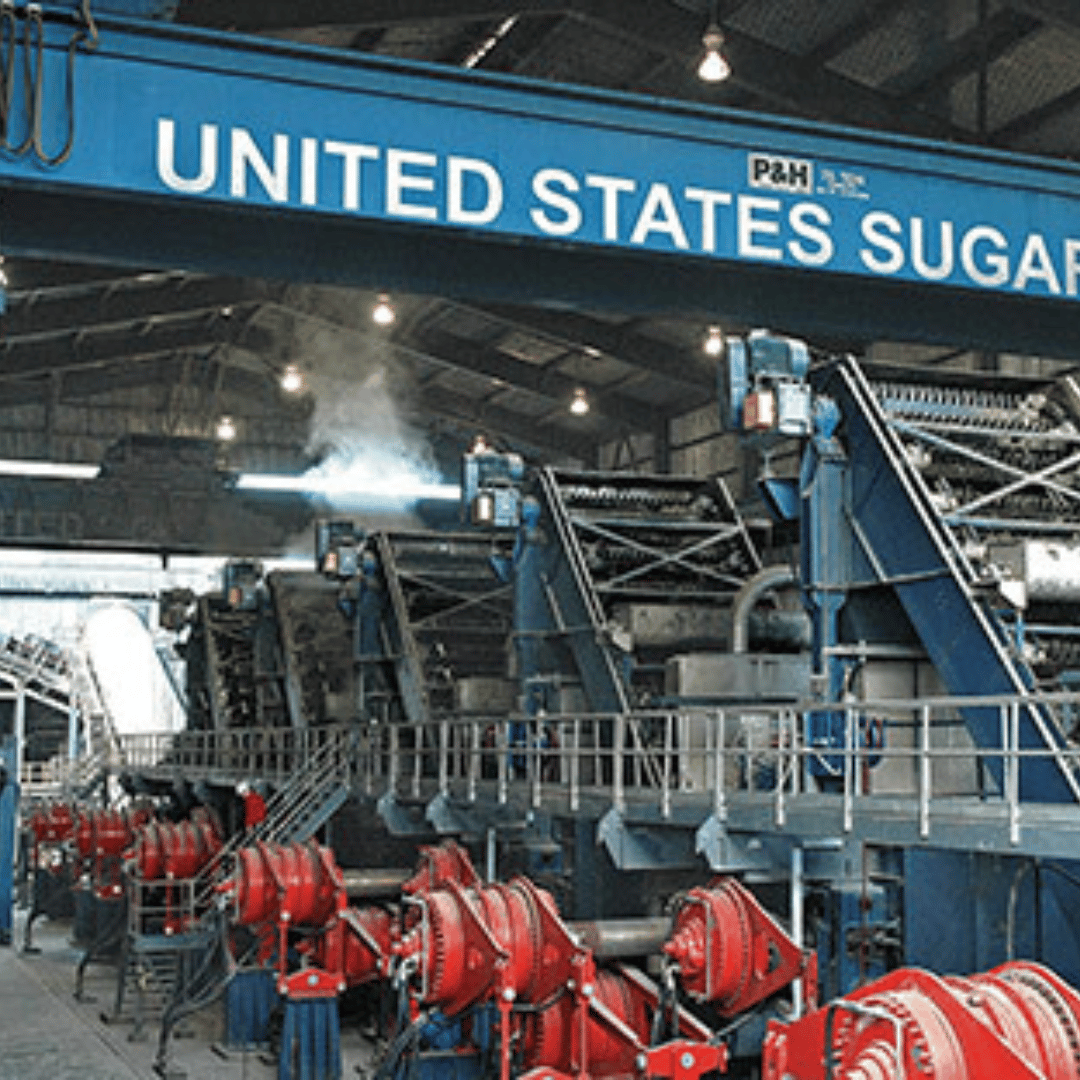

By Amanda Bronstad – Daily Business Review (April 22, 2024 at 02:04 PM)
Two years after the U.S. Department of Justice failed to block a $315 million merger between United States Sugar Corp. and Imperial Sugar Co., antitrust lawyers have lodged nearly two dozen class actions at the sugar industry.
“The allegation is essentially that these sugar defendants were using a middleman to communicate,” said Dayron Silverio at Miami’s Podhurst Orseck, which filed two sugar antitrust actions this month in Florida. “This was the person who was sharing price information between the defendants and in a coordinated effort to maintain granulated sugar prices at a certain level.”
Read the original article here.